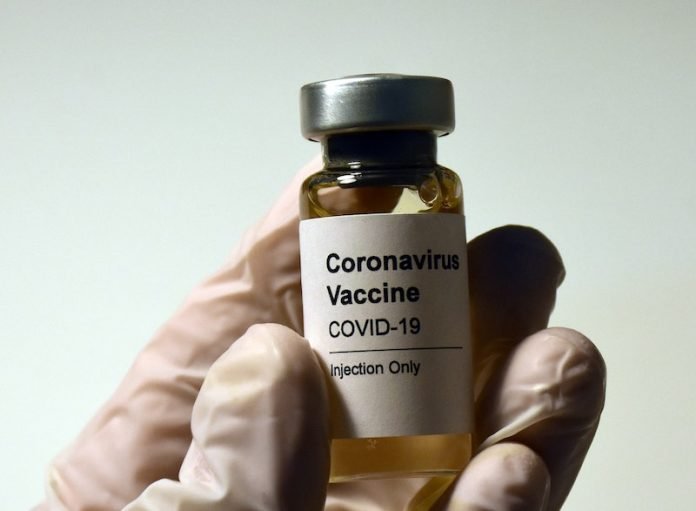
In a new statement, researchers found that COVID-19 vaccine prioritization should prioritize those with advanced heart disease.
They suggest that all heart patients face a higher risk of COVID-19 complications and should receive the vaccine quickly, but the recommendations serve to guide clinicians in prioritizing their most vulnerable patients.
The research was conducted by a team at Washington University School of Medicine in St. Louis.
As of January 2021, there were almost 99 million COVID-19 cases and over 2 million deaths caused by the coronavirus worldwide.
With the quick development of multiple vaccines, the Centers for Disease Control and Prevention (CDC) issued phased recommendations for which populations should get vaccinated first.
Under Phase 1c of the CDC guidance, all patients from 16-64 years old with medical conditions that increase the risk for severe COVID-19 infection should receive the vaccine.
Although the guidance states that heart conditions, high blood pressure, diabetes, obesity, and smoking are examples of such high-risk medical conditions, it was silent on varying levels of risk among the variety of CVD conditions.
In the study, the team developed a policy statement that provides overall considerations of both exposure and clinical risk needed for vaccine allocation efforts.
It presents the specific evidence and risk considerations related to CVD and COVID-19 and proposes a tiered schema of CVD risk to incorporate into vaccine allocation decisions.
In addition, this policy statement highlights the large disparities in COVID-19 and CVD outcomes among racial and ethnic groups and different socioeconomic status levels and calls for consideration of these disparities in allocation decisions.
Some examples in the proposed vaccine allocation schema include patients with poorly controlled hypertension, insulin-dependent diabetes or diabetes with microvascular and/or macrovascular complications as a result of poor glycemic control should be considered higher risk compared to patients who are medically optimized.
Similarly, patients with morbid obesity should be considered at higher risk compared to patients who are overweight.
Patients with severe medical conditions, such as advanced heart disease, may require long-term stays in nursing homes or rehabilitation centers, which increases their risk of COVID-19 exposure.
Data shows that the clinical risk for severe COVID-19 infection is linked to both advanced age and preexisting medical conditions, especially when two or more co-occur.
In addition to multimorbidity, data has found adverse effects of frailty in patients with COVID-19.
This policy statement urges older patients with multiple comorbidities, including heart conditions and/or frailty should be prioritized for COVID-19 vaccination.
One author of the study is Thomas M. Maddox, MD MSc, a professor of cardiology.
The study is published in the Journal of the American College of Cardiology.
Copyright © 2021 Knowridge Science Report. All rights reserved.



